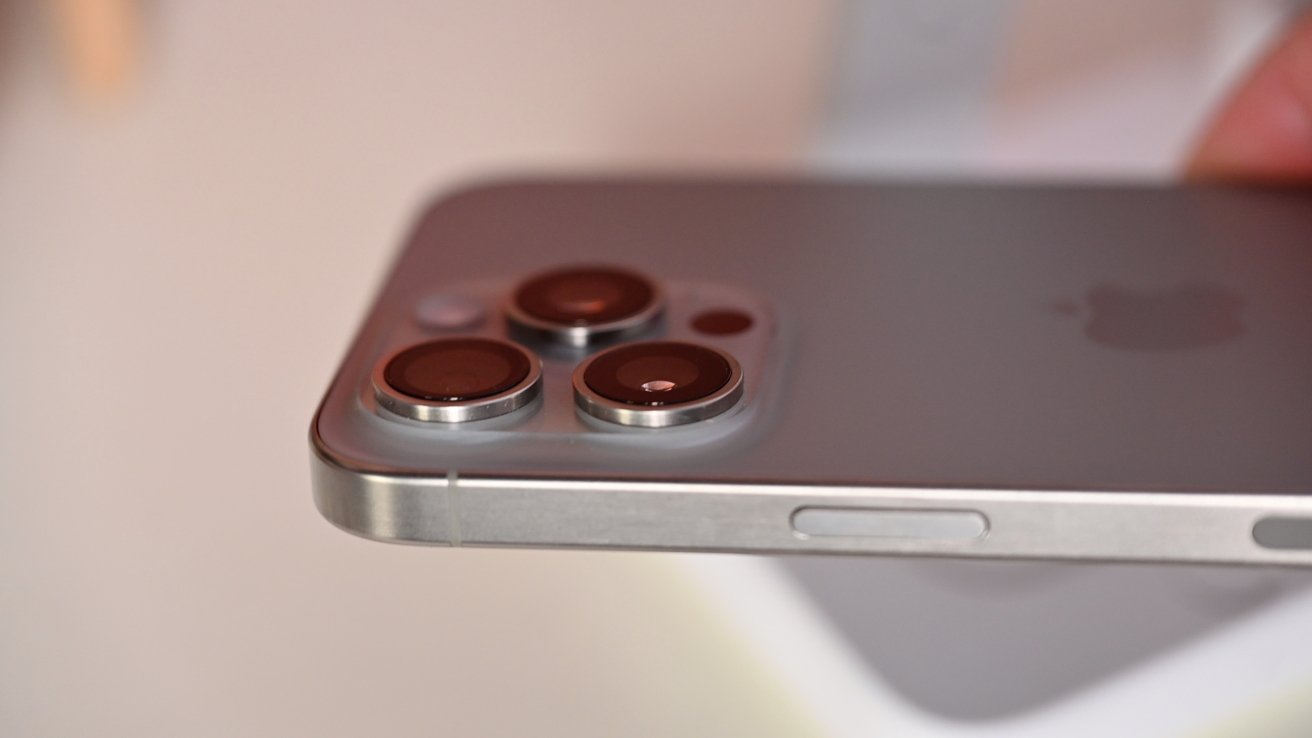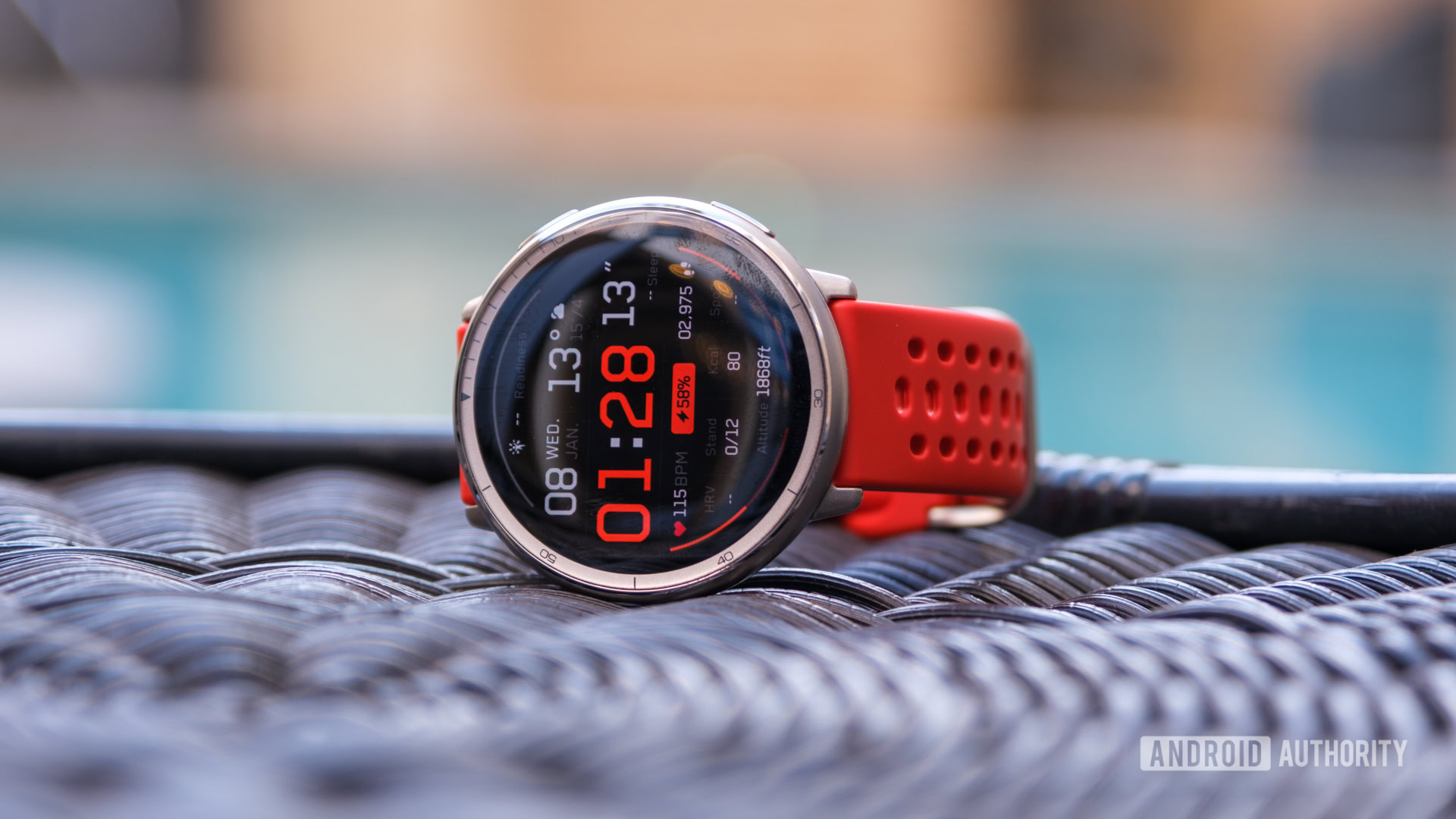Cameras on the iPhone 15 Pro Max
Apple has responded to a lawsuit over its iPhone 15 camera technology, asking a court to strike claims based on a pre-trial agreement between it and a Boston-based camera maker.
In September, Apple was the target of a patent infringement lawsuit from SiOnyx, for allegedly encroaching on patents for full-color night vision imaging sensors.
At the time, it was claimed that Apple had infringed on the patents, referred to as “Pixel Isolation Elements, Devices, and Associated Methods,” discussing improvements to photosensitive devices. By using silicon-based photonics, the complaint said that companies could create smaller, lower-cost, and higher-performance photonic devices for imaging purposes.
In December, SiOnyx amended the complaint to include that Apple had pre-suit knowledge of three patents, reports Law.com. Apple also connected in May 2014 to talk about technical developments.
In an August 2017 meeting over trench isolation structures and black silicon technology, as mentioned in the patents, SiOnyx also shared a presentation with Apple employees.
On January 8, Apple responded to the complaint by filing a motion to strike some of the new allegations. Working for Apple, attorney Michael D. Strapp of DLA Piper wanted for some of the case to be dismissed, because SiOnyx failed to state a claim.
Strapp also referred the court to a sealed agreement, which SiOnyx was apparently using to “manufacture pre-suit willful and indirect infringement claims.” However, that agreement explicitly prohibited the new claims from being presented, he continued.
“Judicial notice is appropriate because SiOnyx has directly put at issue the agreement by relying upon pre-suit communications between the parties made pursuant to the agreement in the new allegations as a basis for asserting claims of pre-suit willful and indirect infringement,” Apple’s filing reads.
SiOnyx’s use of “proprietary and confidential” on almost all slides in the presentation was key to SiOnyx’s case, Strapp added. Apple would therefore be prejudiced “by being forced to respond to the new allegations.”
Apple’s complaint also referred to the U.S. Court of Appeals for the First Circuit’s 2017 opinion on a shipping insurance case as guidance over “documents central to plaintiffs’ claim.” The case, Ironshore vs General Dynamics Corp, involved Ironshore failing to attach an agreement between the parties in their complaint, and instead a judicial notice was made about the agreement.
In that case, the agreement governed a designation on whether a specific sea vessel was a “public vessel” or not, and whether parties were exempted from liability. The court held that the judicial notice was appropriate.
Strapp added that the new SiOnyx claims relied on the prior communications, making it similar to the Ironshore case.
Apple denies the SiOnyx allegations, and previously filed to dismiss the complaint in November. The request, over a failure to plead willful infringement, induced infringement, or contributory infringement, was denied by U.S. District Judge Julia E. Kobick due to SiOnyx’s December amendment.








